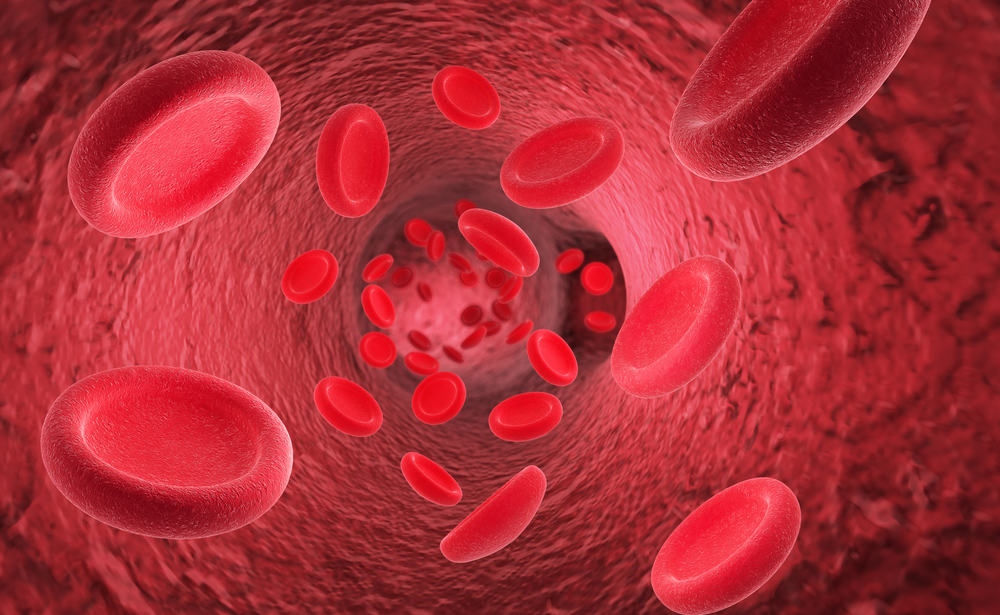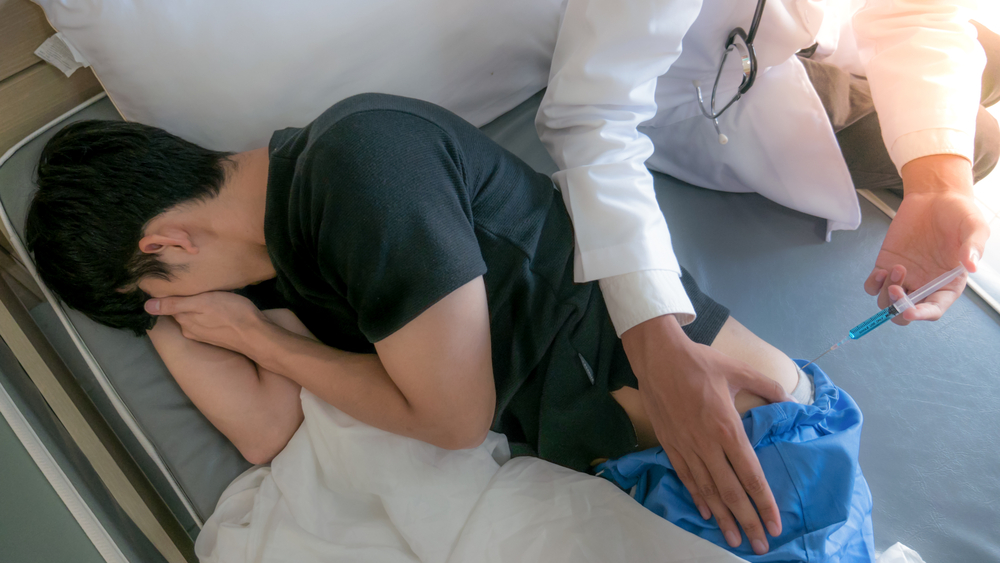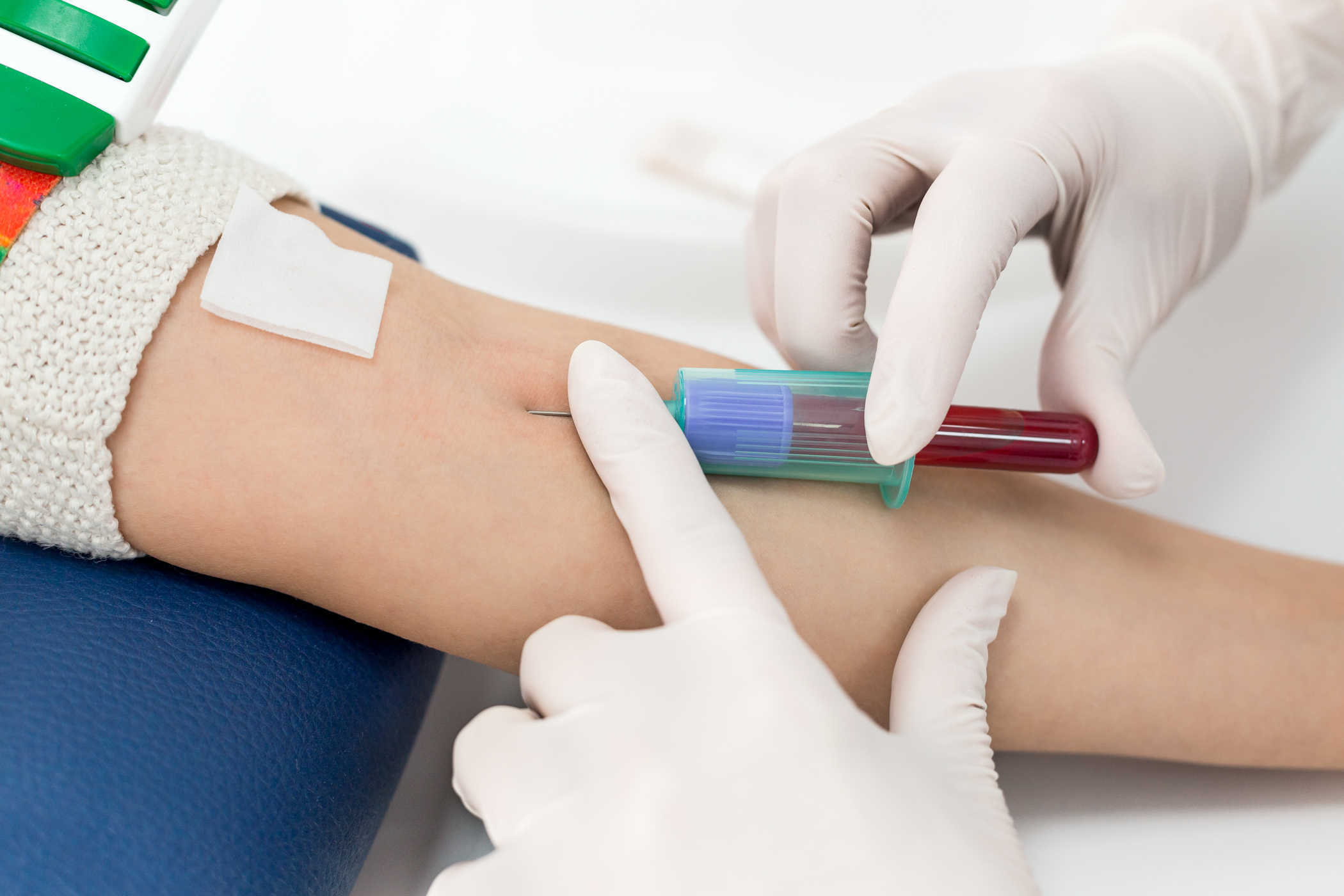Contents:
- Medical Video: 5 Common Signs of Cervical Cancer
- What is cervical cancer?
- What are the signs and symptoms of cervical cancer?
- How to treat cervical cancer?
- When do I have to see a doctor?
- How to prevent cervical cancer?
Medical Video: 5 Common Signs of Cervical Cancer
What is cervical cancer?
Cancer is an uncontrolled disease of cell growth in the body. Cancer is always named according to the part of the body where it starts, even though the cancer has spread to other parts of the body.
When cancer begins in the cervix, it is called cervical cancer. The cervix is the lowest and the end of the uterus. The cervix connects the vagina (birth canal) to the upper part of the uterus. The uterus (or uterus) is the place where the baby develops when a woman experiences a pregnancy.
What are the signs and symptoms of cervical cancer?
The initial stage of cervical cancer may not cause signs or symptoms, but during the development of the cervical cancer stage, the following symptoms can occur:
- Abnormal bleeding, which comes out of the vagina
- Bleeding after intercourse
- Pelvic pain
If you experience these symptoms, contact your doctor immediately. Early detection can increase life chances.
How to treat cervical cancer?
If your doctor says that you have cervical cancer, ask for a referral to a gynecologist, a doctor who is specifically trained to treat cancer in the female reproductive system. This doctor will work with you to design a treatment plan.
There are several healing options. This depends on the type of cervical cancer and how severe it is spread. Handling may include:
- Surgery: The doctor will remove cancerous tissue through surgery.
- Chemotherapy: Use of special drugs to kill cancer cells. These drugs can be tablets that you drink, or given to the pulse, or they may be given both.
- Radiation: Using high-energy rays (similar to X-rays) to kill cancer cells ...
When do I have to see a doctor?
Don't wait until you experience signs and symptoms to contact a doctor. It is important to undergo a check-up or periodic examination with a gynecology doctor.
Cervical cancer that has developed rapidly can cause abnormal bleeding from the vagina, for example after having sex. If you have other signs, contact your doctor immediately.
How to prevent cervical cancer?
To prevent the occurrence of cervical cancer, you should consider undergoing a cancer screening test when you undergo a routine examination.
There are 2 test tests that can help you prevent cervical cancer:
- Pap test (or Pap smear), this is a pre-cancer examination. If cell changes in the cervix are found, this must be treated immediately so as not to develop into cancer cells.
- Human Papollomavirus (HPV) test, examination for HPV virus which can cause cell changes
The most important thing you can do to prevent cervical cancer is to undergo a routine examination test starting at the age of 21 years.
If your Pap test results are normal, it is very unlikely that you will develop cervical cancer in the next few years. For that reason, your doctor will tell you that you don't need to undergo a Pap test for the next three years.
If you are 30 years old or older, you can take an HPV test along with a Pap test. If the results of both tests are normal, the doctor can tell you to wait up to five years for the next Pap test. However, you still have to go to the doctor regularly for a check-up.
For women aged 21-65 years, it is important to continue the Pap test as recommended by the doctor. Even if you feel too old to have children or decide you won't have intimate relationships again. However, if you are older than 65 years and show normal Pap test results for several years, or if you undergo uterine removal as part of a hysterectomy for non-cancerous conditions such as fibroids, your doctor may be able to tell you that you are no longer need a Pap test.
Another way to prevent cervical cancer is by vaccination.
There are 2 types of HPV vaccines available to help women fight most types of HPV which can cause cervical, vaginal, and vulvar cancers. Both vaccines are recommended for girls aged 11 to 12 years, and for women aged 13 to 26 years who have never received a vaccine when they are young. The vaccine can also be given to 9-year-old girls.
It is recommended to get a vaccine with the same brand for all three doses, whenever possible. It should be noted that women who have received a vaccine against HPV still need to undergo a Pap test to check for cervical cancer.
Other ways to help reduce the risk of cervical cancer include:
- Do not smoke
- Using contraception every time you have sex
- Faithful to the couple











